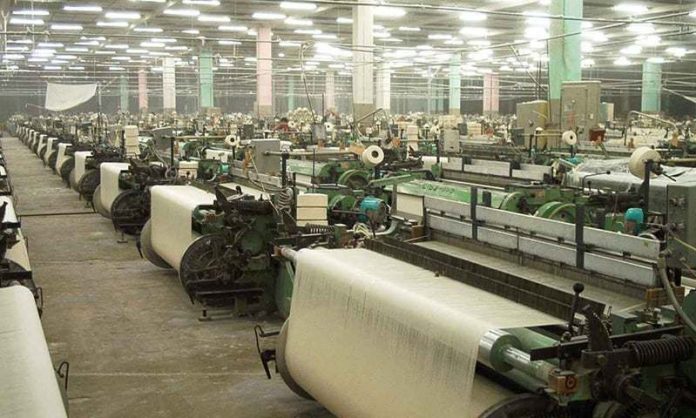ISLAMABAD: Large Scale Manufacturing (LSM) recorded negative growth of 5.4pc during the first nine months of the current fiscal years, compared to a negative growth of 2.34pc in the previous fiscal year.
According to the Economic Survey 2019-20, except for fertilisers, almost all other sectors witnessed a decline during July to March period of FY20. Negative growth was experienced by the textile, food, beverages, tobacco, petroleum, automobile, iron and steel sectors which dampened the overall growth of LSM.
Currently, the LSM sector provides employment opportunities to about 16.1pc of the total labour force in the country while its share in the Gross Domestic Product (GDP) is around 13 to 14pc.
The FY20 started on a positive note for LSM as the sector posted 2.11pc growth in July 2019, however, growth dampened to -2.42pc in August. Thereafter, the pace picked up and growth was recorded at 2.76pc in September 2019, followed by another sharp increase of 5.4pc in October 2019.
November 2019 again witnessed a negative growth of -3.81pc, however, in December 2019, steep growth of 15.27 was recorded for the LSM sector.
This increase is mainly attributed to sugar production which rose sharply owing to favourable weather conditions and the timely start of the crushing season as compared to the previous year.
LSM growth nosedived by a whopping -21.9pc in March 2020 due to closure of business activities in the wake of Covid-19 outbreak.
According to the Economic Survey, textile production declined by -2.57pc during July-March 2020 compared to -0.17pc in the same period last year.
The food, beverages and tobacco sector decreased by -2.33pc while the iron and steel production decreased by -7.96pc during the first nine months of the current fiscal year.




